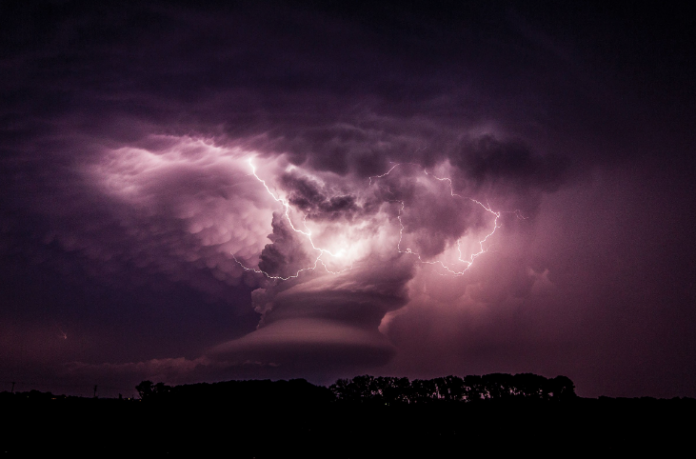Science Behind
Ever wondered what causes lightning? Or why do we see lightning first and then hear the sound of thunder? Is lightning a form of electricity? Or can lightning be used to produce electricity? Why is lightning not a straight line and always zig-zag? Why does lightning occur only during monsoons and not during winters and summers? There is no end to this list of questions. But science does have answers for all these questions.
What causes lightning?
As the ground gets heated up, the air above too gets heated up. This hot air rises along with traces of water vapor. In order to form clouds, the water vapor needs to cool down and this cycle continues and the size of the cloud increases. The charges that are present in the air currents move in the upward direction and water droplets move in the downward direction which results in lightning.
The positive charges that get collected near the upper edge and the negative charges get collected near the lower edge and also near the ground. Now the water droplets act as a conductor resulting in lightning.
Can lightning be used as a source of electricity?
In the olden days before technology was used, it was believed that lightning is caused because of electricity and magnetism ie; due to the electromagnetic force. But later it was found that it is due to charges and it can’t be used as a source of electricity because it is not easy to predict when and where lightning would strike and half of the energy is lost in the form of light, sound and radio waves.
Why is lightning not a straight line and always zig-zag?
The reason why lightning is not a straight line is because the air is made up of different particles, elements and gases. The distribution of these dust particles is not uniform. When the lightning is struck, the electric charges take the path that has the least resistance through the air which results in a zig-zag pattern of lightning.
Above are the answers to a few questions asked in general. To find answers for other questions and also about other Physics related concepts like work, energy and power etc. visit BYJU’S.













